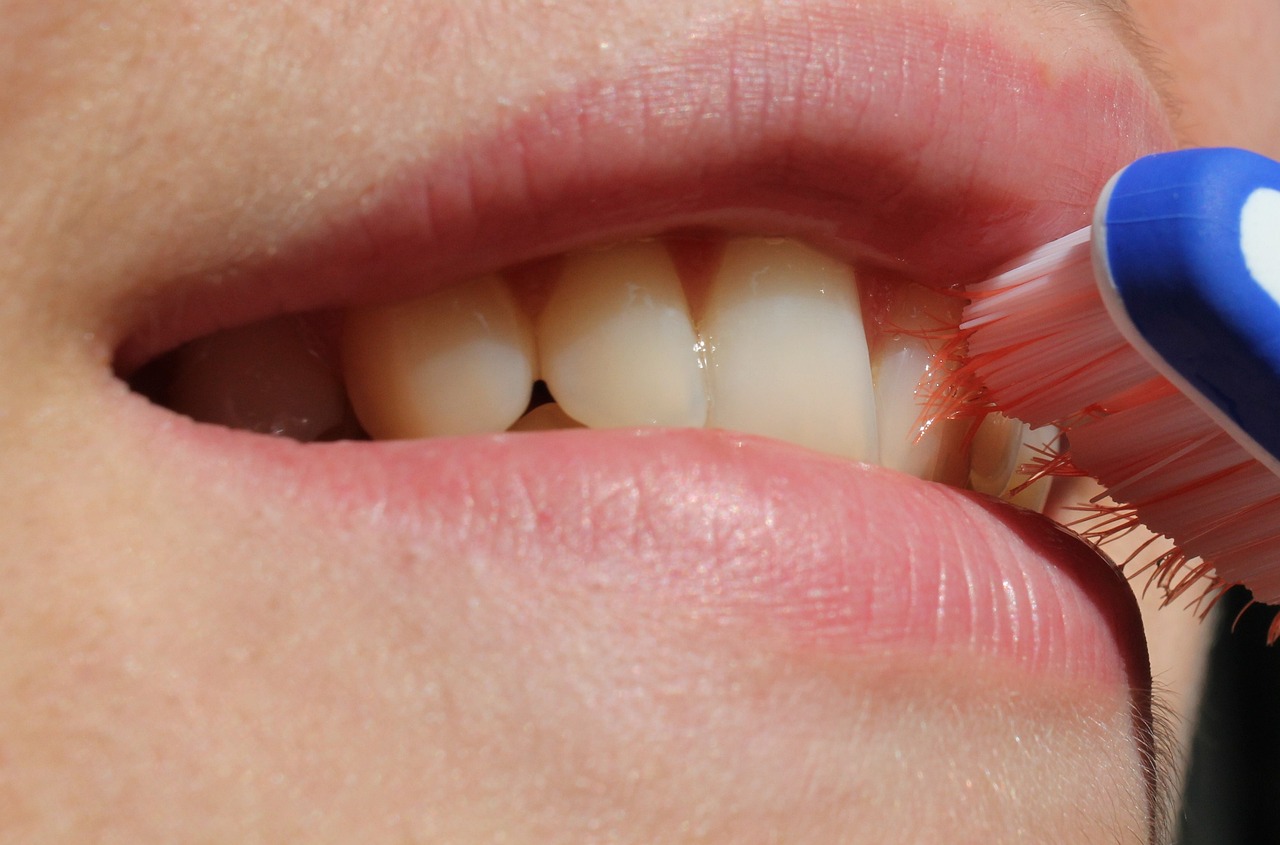Prevention is the act of stopping something before it happens. In dentistry, this action includes different activities to reduce risks or threats to oral health. Preventative care in dentistry is aimed at preventing oral health diseases. They aren’t meant to ‘treat’ the conditions. Preventive dental care allows a person to maintain good oral health. Consequently, it prevents the occurrence of oral health diseases.
Preventive dental care can take place in three stages, namely:
- Primary prevention;
- Secondary prevention;
- Tertiary prevention.
The primary phase of preventative dentistry employs agents and strategies to prevent the onset of disease. They can reverse the progress of disease or arrest its process. A good example is using fluoride gel to prevent dental caries.
In the secondary phase, prevention actions include activities that stop the progress of a disease at its onset. This stage also prevents complications that may arise from the disease. A good example is using remineralizing agents to combat various lesions at the onset stage.
At the tertiary level, preventive care involves measures that replace lost tissues and restore the patient to normal or near-normal physical and mental capabilities. The measures are applied after the secondary prevention. An example is a fixed bridge.
Benefits of Preventative Dentistry
So, what are the benefits of preventive dental care? Much of preventive dental care begins with the patient. The patient must observe good oral hygiene and best practices to mitigate the occurrence of dental diseases. Here are the top benefits of preventative dentistry:
Preventative Dentistry Prevents Dental Cavities
Preventive dental care entails regular visits to the dentist. It can prevent the formation of dental cavities. The dentist conducts regular oral exams, teeth cleaning, and routine x-rays during the visits. Patients are also advised on how to floss and use the right mouthwash to rinse their mouths after flossing.
Even for those who think they’re good at brushing and flossing, it’s still difficult to reach every nook and cranny of their teeth. Professional cleaning can help eliminate plaque and tartar buildup. This can help avoid the formation of dental cavities.
Combats Gum Disease
Plaque and tartar accumulation can increase the risk of gum disease such as periodontitis or gingivitis. Preventative dentistry can help avoid the signs of these conditions as early as possible. Preventive measures such as fluoride treatment can help combat enamel erosion and prevent the occurrence of gum disease.
Preventive Measures Eliminate Bad Breath
Bad breath signals tooth decay or infection. It’s also unpleasant and deprives a person of self-esteem and confidence. Preventive measures like dental cleaning and other regular mouthwash can help eliminate this condition. Regular visits to the dentist can help with early detection and eventually deter the condition before it sets in.
Detect and Arrest Jaw Problems Early
Jaw misalignment can be a serious problem if left unchecked. Additionally, problems such as teeth grinding could be arrested early by preventive measures. A dental expert knows the early signs of these disorders.
Regular visits to the dentist help with appropriate advice and strategies that can lower the chances of these disorders. For instance, the dentist can advise on the right appliances to prevent the conditions from getting worse.
Preventative Dentistry Can Help Avoid Major Health Problems
Several major health problems start in the mouth. People with tooth decay and other oral infections are more likely to develop serious health conditions. Some major diseases associated with poor dental health include heart disease, cancer, diabetes, and others.
These diseases can spread throughout their systems. Poor oral hygiene makes it easier for bacteria to find their way into the bloodstream.
Preventive Dentistry Saves Money
Treating periodontitis or gingivitis can be more expensive than preventing them. Those who go for regular dental visits can save money in the long run. Additionally, dental insurance often covers cleanings, so the patient will not have to pay anything out of pocket.
Even for those who aren’t covered, it’s still cheaper to pay for dental cleaning twice a year than paying for a root canal or a dental implant. In the end, preventive measures are a more affordable option.
Preventive Measures are Gentler
Many patients dread the dentist’s chair. Some dental treatments can be invasive and uncomfortable. Preventative dental measures are a good way to avoid this. A visit to the dentist will take less effort to scrape plaque than the processes involved in filling or implants.
Moreover, plaque and tartar accumulated for years will take more time and resources to treat than the preventive measures involved.
Improves the Smile’s Appearance
Preventive measures are essential for overall health but also help maintain a brighter smile. People who go for regular teeth cleaning services can prevent discoloration. They can do this even without using professional teeth whitening services.
After a thorough dental cleaning, they can maintain better smiles. Besides, preventive dentistry saves time.
How to Maintain Good Oral Health at Home
In addition to regular dental visits, patients are required to maintain preventive measures even at home. Here are some of the practices to observe away from the dental clinic:
Brushing Teeth Twice a Day
Regular brushing of teeth at least twice a day is one of the best dental preventive measures to practice at home. People should use an approved fluoride toothpaste and a toothbrush to brush their teeth and tongue.
Every Day Flossing
Flossing is a recommended preventive step. Patients are required to floss at least once daily. The floss should get in between all the teeth, even the ones at the back. People with permanent retainers and braces should use floss threaders to help them clean between the brackets and wires.
Eating a Balanced Diet
Eating a balanced diet can help keep the teeth clean and healthy. Dental experts advise against using some foods, including sugar, soda, juice, or simple carbohydrates. Patients are also advised to drink plenty of water and eat plenty of fruits and vegetables. They should also get minerals such as calcium.
Wrapping Up
Preventive dentistry is a crucial step in developing healthy teeth, gums, and overall dental health. Patients can get preventive measures from general dentists and pediatric dentists.










![Daily Bite [Make]: Philly Cheesesteak Stuffed Bell Peppers](https://dashofwellness.com/wp-content/uploads/2013/01/Philly-Cheesesteak-Stuffed-Pepper-Daily-Bite-1-100x70.png)
